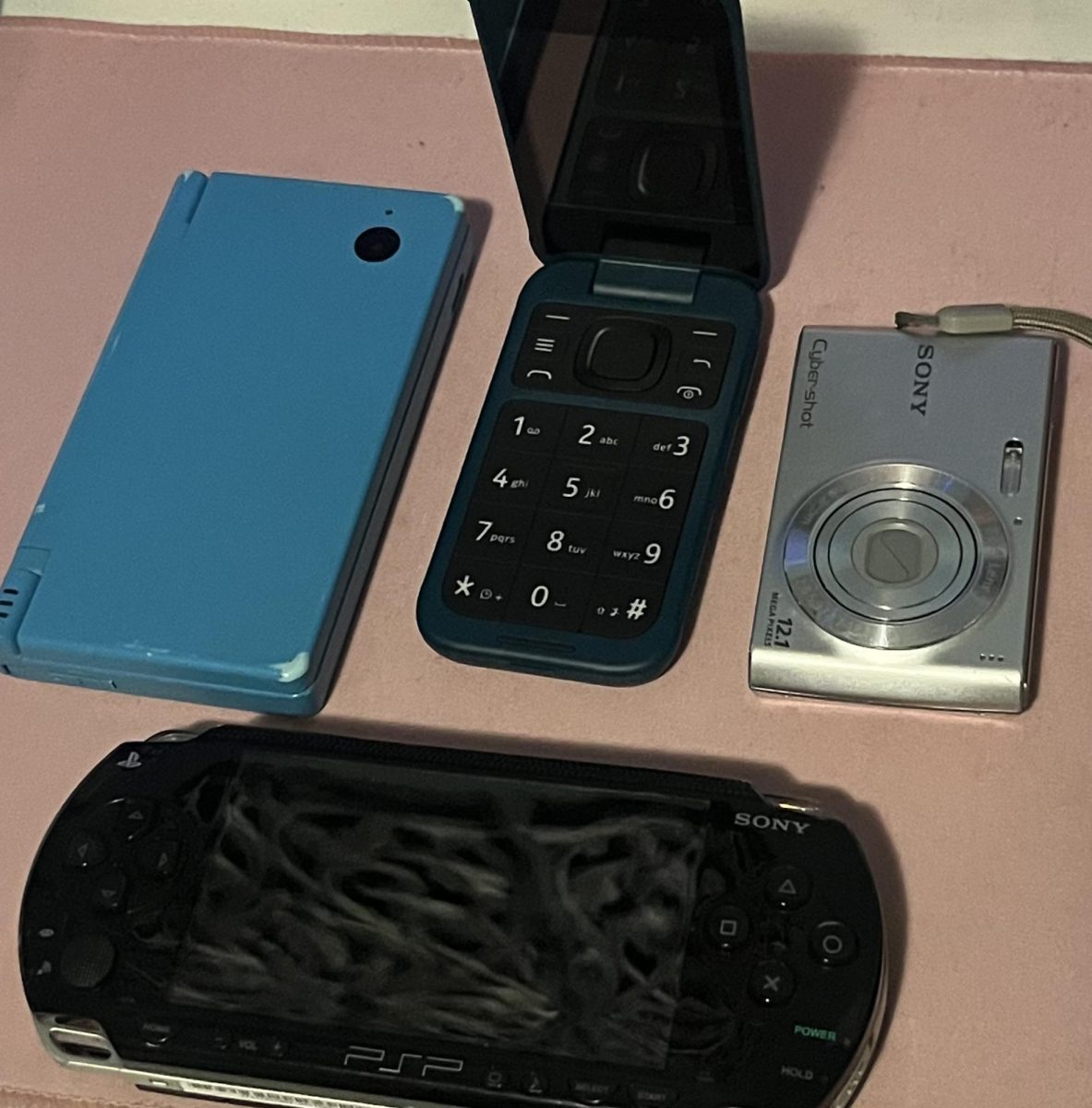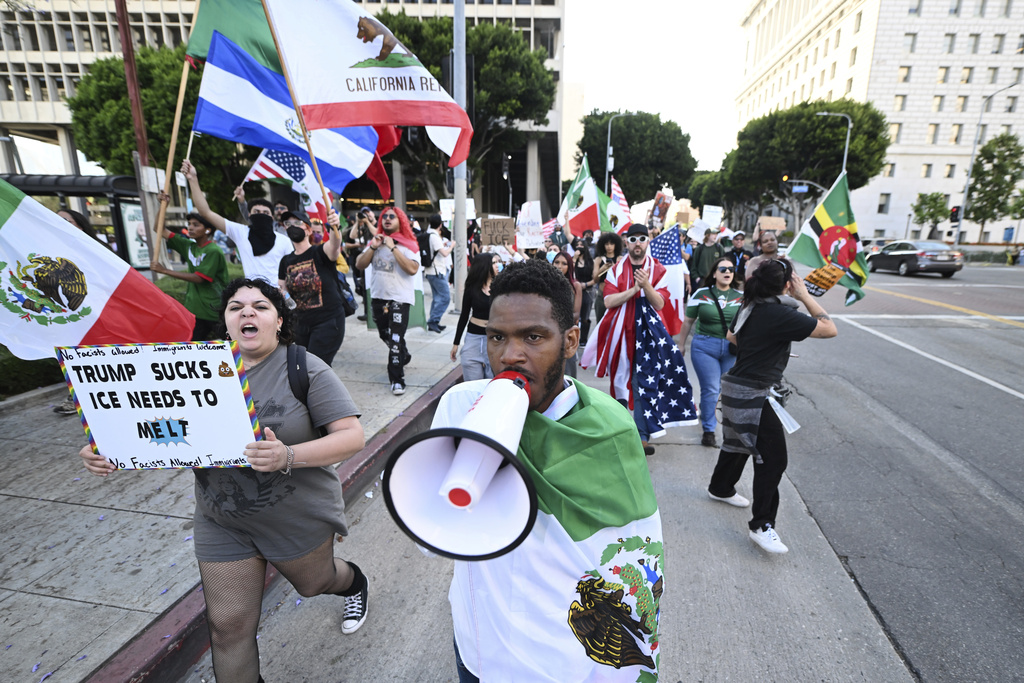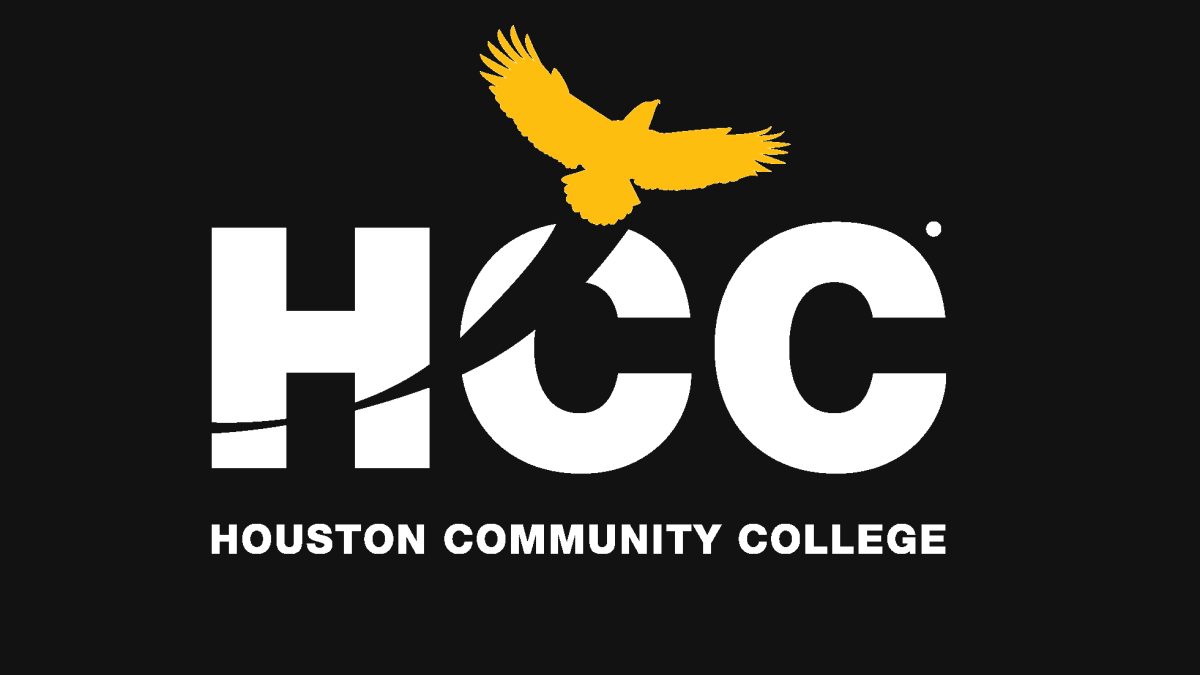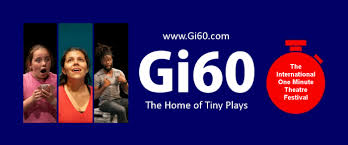“The Art of Forgiveness”
June 19, 2020
“THE ART OF FORGIVENESS”
Forgiveness /fəˈɡɪvnɪs/ noun – the action or process of forgiving or being forgiven.
As Maya Angelou once said, forgiveness, “is one of the greatest gifts you can give yourself. To forgive yourself. To forgive everybody.” However, what exactly does “forgiveness” involve. How much of ourselves are changed forever through this process? As we watch how the world is impacted in 2020, with so many adjunct conditional scenarios, I wonder how can we all move on from this? There are so many people that can be blamed in this extraordinary era.
The Chinese for unleashing a potentially secret virus to the world. The governments and parliaments around the world that were not adequately prepared for COVID-19. 400 years of systemic oppression, institutionalized discrimination and racism, classism, and sexism. So many people we can blame. Yet, what good would that do?
After the protests, the sick patients, the unprecedented deaths and life altering scenarios that have affected people’s lives. From COVID-19 to rubber bullets permanently removing our youths eyeballs, how can blame change any of this? The simple answer is, it can’t and it will not. It took me years to understand the meaning behind “the act of forgiveness”.
You see forgiving someone is the easy part. Many of us focus on the concept of forgiveness as if that’s the mountain we can’t climb. It isn’t hard to cry, scream, and release all of our adrenaline and endorphines we need to “feel good” for the moment. In fact, crying and displaying emotion is healthy for us. However, after our tantrums how do we handle the “forgetting” process. We do not want the emotions to keep resurfacing, because that can be draining.
According to an article in Oprah Magazine, there are s few steps to help in the forgive and forget process. As we move through these times, let see how we can make positive change, heal, and move forward when the time comes. Below are those concepts.
RECALL: Think about the wrongdoing objectively, without suppressing it.
EMPATHIZE: Try to put yourself in the shoes of the other person, and consider whether there were motivations at play besides hatred. You don’t need to minimize the wrongdoing or invalidate your own emotions, but try to think about ways in which the action may not have been personal.
ALTRUISTIC GIFT: Think of giving forgiveness as a gift. Most people feel better about themselves when they give to others, and forgiveness works that way as well. It can also be helpful to reflect on a time that someone else gave you the gift of forgiveness, and to think about how that felt.
COMMIT: Commit to forgiving. You can do this by telling the offender face-to-face, telling someone else, or even writing it down.
HOLD: Hold onto the forgiveness that has happened, realizing that the emotional side of it may still take time.























